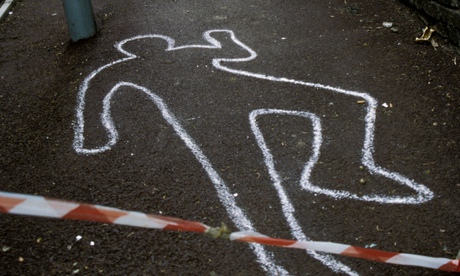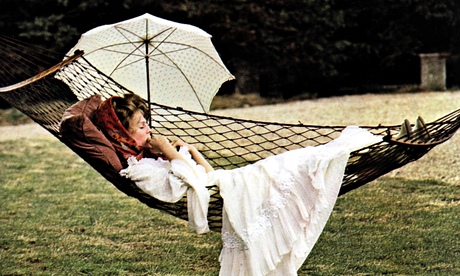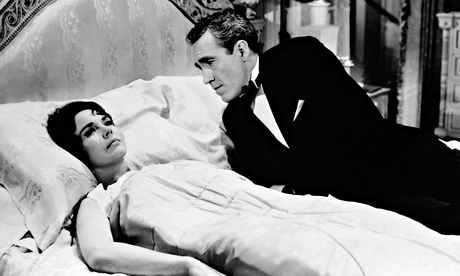
This week's update features a potential re-write of British histiry, Irish heritage and landmarks of summer literature.
* An open letter signed by a number of bestselling writers has called on "Amazon to resolve its dispute with Hachette without hurting authors and without blocking or otherwise delaying the sale of books to its customers". The letter, instigated by US writer Douglas Preston, also calls on "loyal readers" to email Amazon founder and c.e.o.
* Heritage and Archeology News list the 10 must see castles in Ireland.
* One of the bones found at the Winterbourne Kingston Archaelogical dig could provide vital clues as to who was living in Britain around 350AD when the Roman Empire was beginning to decline. Could this discovery rewrite british history?
* It is the sort of headline that makes you do a double take: "Shakespeare accused of causing misery to people with skin conditions" says the Independent; "Is Shakespeare to blame for our skin worries? Insults about sores, boils and moles may be behind lasting stigma, claims study", adds the Daily Mail.
* Womens appetite for explicit crime fiction is no mystery. At this year's Theakstons Old Peculier crime writing festival in Harrogate, roughly 80% of the audience (and half the 80 or so authors appearing) will be women.
* Landmarks of summer literature - Summer literature doesn't stop with Sonnet 18, A Midsummer Night's Dream, Le Grand Meaulnes, Ulysses, The Great Gatsby and Whitsun Weddings. Here are a few more sun-drenched pages to mark this week's arrival of the season.
* Are authors running out of book titles? People first started to notice last year when Kate Atkinson's Life After Life coincided in the US with Jill McCorkle's Life After Life , which had been published just six days earlier. Since then examples of novels with the same name have kept on cropping up. Should writers adopt the imitator-proof JK Rowling approach instead?
* Calling it wrong - When fictional names don't match their characters. It might seem unreasonable to complain about the names authors choose for their characters - it's their choice after all. But some writers could clearly do with a little help. Take Swiss author Joël Dicker's international bestseller The Truth About the Harry Quebert Affair.
To live in peace with others, But sweeter still and far more meet To die in war for brothers
* The independant look at 'A History of the First World War in 100 Moments: Dulce et decorum est - a life cut short for a poet whose work achieved immortality.'
* Ivor Gurney may be one of our most famous First World War poets, but it was his close friend Frederick William Harvey who was dubbed 'The Laureate of Gloucestershire'. FW Harvey, also dubbed 'The Forest Poet' as he grew up in Minsterworth, was born in Hartpury in 1888.
* Syria, graced with thousands of historic sites, is seeing its cultural heritage vandalised, looted and destroyed by war - but volunteers are doing what they can to document the damage and save the country's cultural identity from obliteration.
* Arcadia Publishing has acquired The History Press Inc., the U.S subsidiary of the U.K. based The History Press Ltd. Terms of the deal, which closed earlier this month, were not disclosed. The purchase unites the two largest publishers of local or regional books.
* Joanne Harris, 50, said that Rowling's "little story about wizards" has given aspiring writers unrealistic expectations of being "showered with money". Harris, whose own successful book was made into a hit movie starring Johnny Depp and Juliette Binoche, was speaking at a Parliament event about how authors could be paid enough to keep British literature alive.
* Ann Cleeves attacks 'glib' depictions of murders of women. The bestselling crime writer says she doesn't believe in a 'psychopath who hates women because his grandmother stuck him in a cupboard'.
* Magna Carta is a 13th-century document enshrining the rights, privileges and liberties of the clergy and the nobles, and placing limits on the power of the crown. Here are some facts about the Magna Carta, its clauses, history and why and when it was signed.
* Was the US justified in dropping atomic bombs on Japan's Hiroshima and Nagasaki during the Second World War? History Extra have started a debate.
Which history and publishing stories have you enjoyed reading this week?














